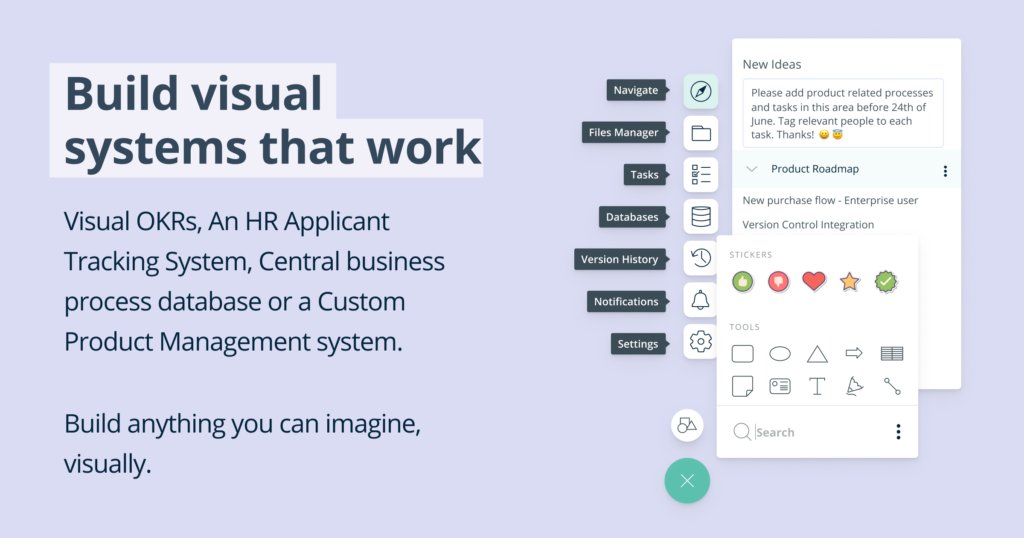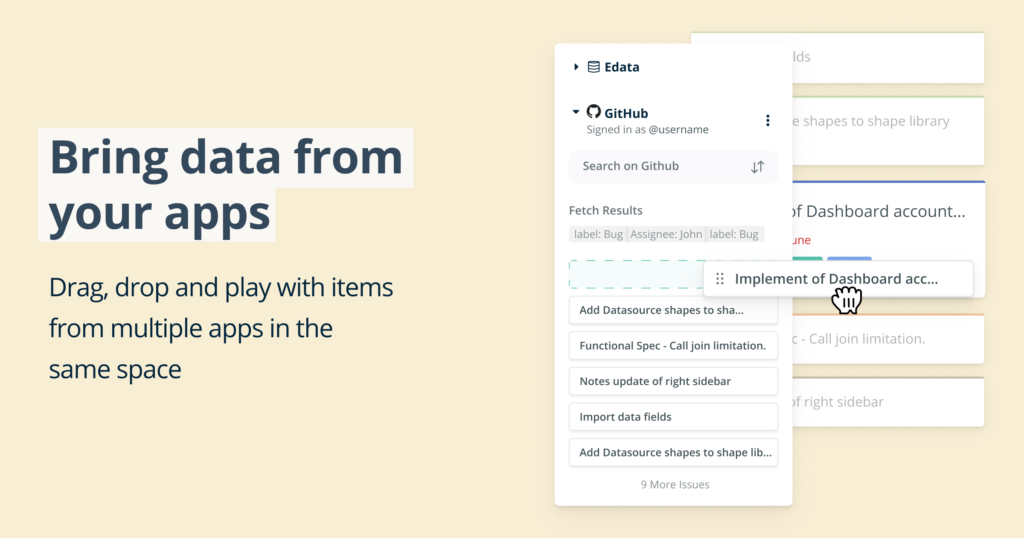A checklist to help you prepare for your CCBA or CBAP Certification
The process for Business Analysts to get their CBAP or CCBA business analysis certification can sometimes be daunting. This can especially be quite a new and unfamiliar task to Business Analysts who may not have done similar certifications before.
This blog article will outline the main things as a checklist to help you prepare for your CBAP certification to make sure your journey to become a certified business analyst is stress free and approached in the most timely and efficient manner.
Let’s start right at the beginning of the Business Analysis certification journey.
Check #1: Do you know the difference between the CCBA ® and the CBAP ® certification?
First of all you should get an overview of what the requirements are for the CCBA ® and CBAP ® Certifications before doing anything else. You can find all the official detail of the CCBA and CBAP certifications on the IIBA’s website.
 Check #2: Which certification do you qualify for?
Check #2: Which certification do you qualify for?
Now that you know that the CCBA ® business analysis certification requires approximately 2.5 years of Business Analysis experience and the CBAP ® requires approximately 5 years of Business Analysis experience you are ready to choose which of these two certifications are most suited to your circumstances.
Before you choose though, also consider this:
If you are close to meeting the CBAP certification’s required number of years of experience you should perhaps consider planning to wait before sending in your IIBA Application.
The reason for this is that although you might not qualify for the CBAP yet (you will for the CCBA though), you may qualify in 6 months or 1 year from now (depending on your business analysis experience) which means you can start preparing for the certification now without necessarily submitting the formal application to sit the CBAP exam. This way you will once you have the required number of years be already prepared for the exam and you only need to submit the IIBA application. The same principle applies if you are not quite ready to sit the CCBA exam due to not enough experience. Nothing prevents you from starting the process now.
Another important point to make here is that remember that the IIBA is not expecting you to have been called a Business Analyst for the time you are claiming as Business Analysis experience. You could have been called a variety of other role titles (example: consultant, business professional, system analyst, tester etc.) – it is about the actual work experience that you can demonstrate as being Business Analysis work experience which is in alignment with the BABOK Guide.
Another consideration is that although the exam questions between the CCBA and the CBAP certification exams are different in nature and type both these exams are based on exactly the same content. Therefore, you need to study the BABOK regardless of whether you do the CCBA or the CBAP exams. This is another good reason why if you are able to (based on being close to having the 5 years experience), to wait to sit the CBAP exam simply because it is the more senior certification.
Check #3: Do you have the required 21 (CCBA) or 35 (CBAP) Professional Development hours?
As you would now know, the CCBA and the CBAP business analysis certifications also have a requirement for you to demonstrate that you have done 21 (CCBA) or 35 (CBAP) hours of Professional Development in the previous 4 years prior to applying to sit the business analysis certification exam.
There are a few different ways to obtain these Professional Development hours and by far the easiest way to do this, is to complete an online Business Analysis course. Alternatively, you can attend classroom training with an endorsed provider or you can also do professional development activities at work and get that documented and validated.
A good idea to kill two flies with one stone would be to choose an online training program that helps you to prepare for the business analysis certification exam whilst also earning, your 21 or 35 PD hours.
 Check #4: Document your Project Experience early.
Check #4: Document your Project Experience early.
As part of your preparation for the IIBA CCBA and CBAP exams you should start preparing your application online early. The application requires you to document the project experience you would like to use to claim the requirement around business analysis experience in quite a bit of detail. You have to know project high level details such as: Project name, type of project, your role, dates and of course the specific business analysis activities you performed on each project with hours allocated against it. You should also include project references, which can take a while to collect. All this can take a while and therefore the sooner you start the better.
A couple of things to know about here are that you can save your online application for the exam as a draft work in progress and even export it to a PDF file to review offline. This way you can get someone to review your application and make sure it is sound.
A quick tip when completing your Project Experience hours is to always try to document more hours than what is being asked for (and make sure you have actually done those hours too!). This helps to minimize the risk that if the IIBA application reviewer decides you are not showing enough or correct experience against a particular project then you have a buffer of additional hours to make up for the discrepancy. All your project experience can potentially be reference checked, so also make sure the information is accurate.
Check #5: Prepare for the exam in different ways.
Make sure you enrol for a CCBA or CBAP Preparation Program, which will enable you to prepare in different formats and caters for different learning styles. You should as an end result be confident that you know and understand the concepts and content covered within each of the BABOK Chapters. A great way to learn is to do an online course, do mock exam questions, use a study guide and take the BABOK Guide an read it properly for yourself.
Some tips for the exam: It is a 150 multiple-choice questions based exam (you have 3 hours to complete it in) and it is mostly based on the BABOK content. Approximately 5-10% of the questions will be based on the supporting materials that are referred to in the appendix of the BABOK Guide. There are questions to test your ability to recall facts from the BABOK and there are questions, which tests your practical application of those facts. So make sure you know the facts but also why and how to apply each concept too. Once you are busy with the exam, try not to change answers once you finished with the exam. Most of the time the first answer you choose is the most likely to be the correct one. So unless you are very sure you made a mistake when you answered a question you are reviewing, perhaps avoid changing the answer you gave first time round.
Check #6: Finally, submit your application and sit that exam.
The final step is to bite the bullet and sit that exam. Don’t procrastinate with this step. Once you have prepared your application, submit it as soon as you have all the requirements met. You will receive an answer about whether you are accepted to sit the relevant business analysis certification exam between 1 day and 3 weeks or so. If you are accepted, book your exam date so that you can be focused to do that last stretch of preparation for the exam.
Make sure that you have prepared your IIBA application to the best of your ability and you have asked someone to review it for you. If your application is rejected for whatever reason, you cannot submit another application for three months. So take care with the application and make sure you prepare thoroughly for the exam.
Just one last thing: You should submit your IIBA Application as soon as you have all the requirements met. This way you can start your preparation for the exam while you wait for the IIBA application to be approved!
Good luck!






